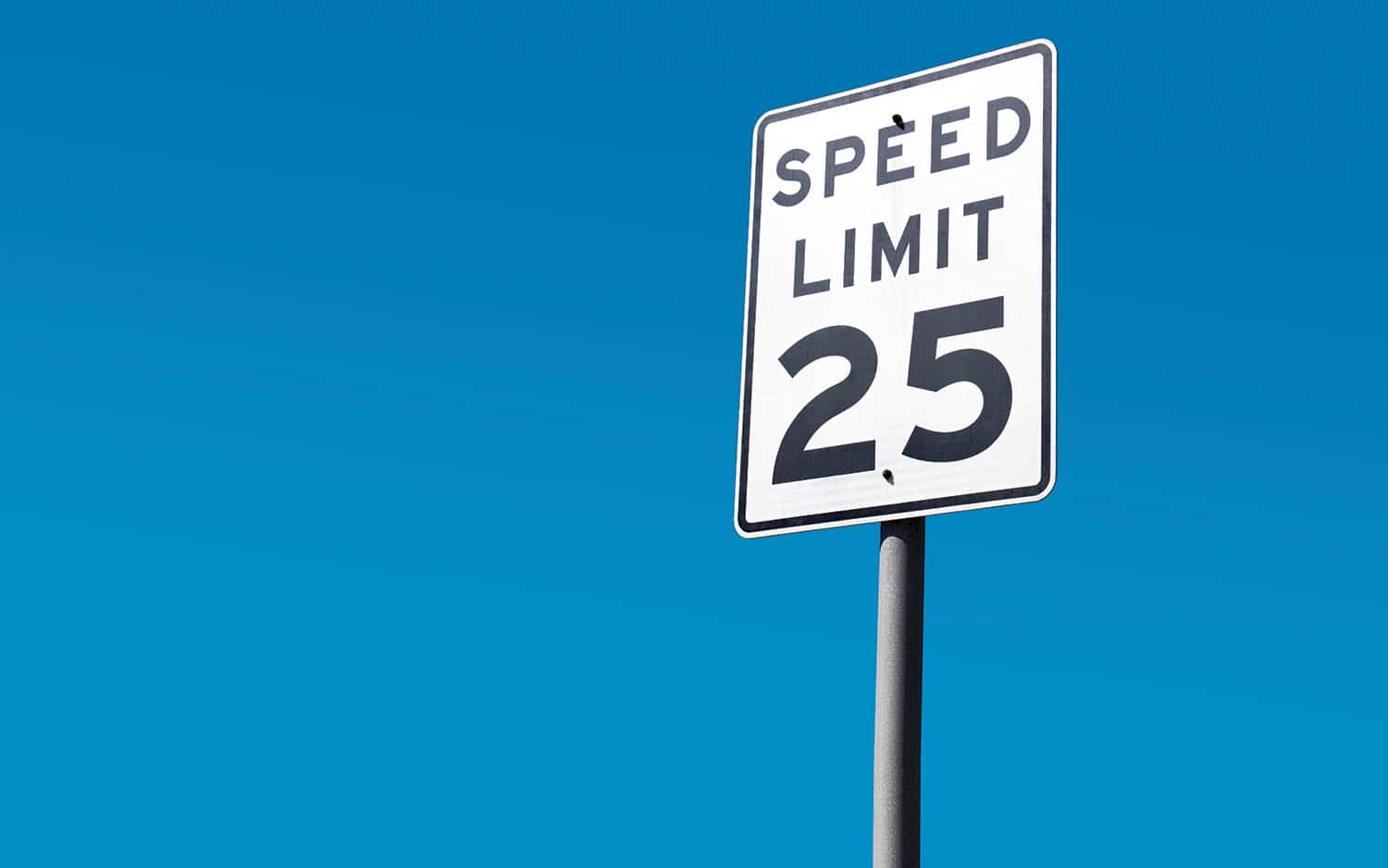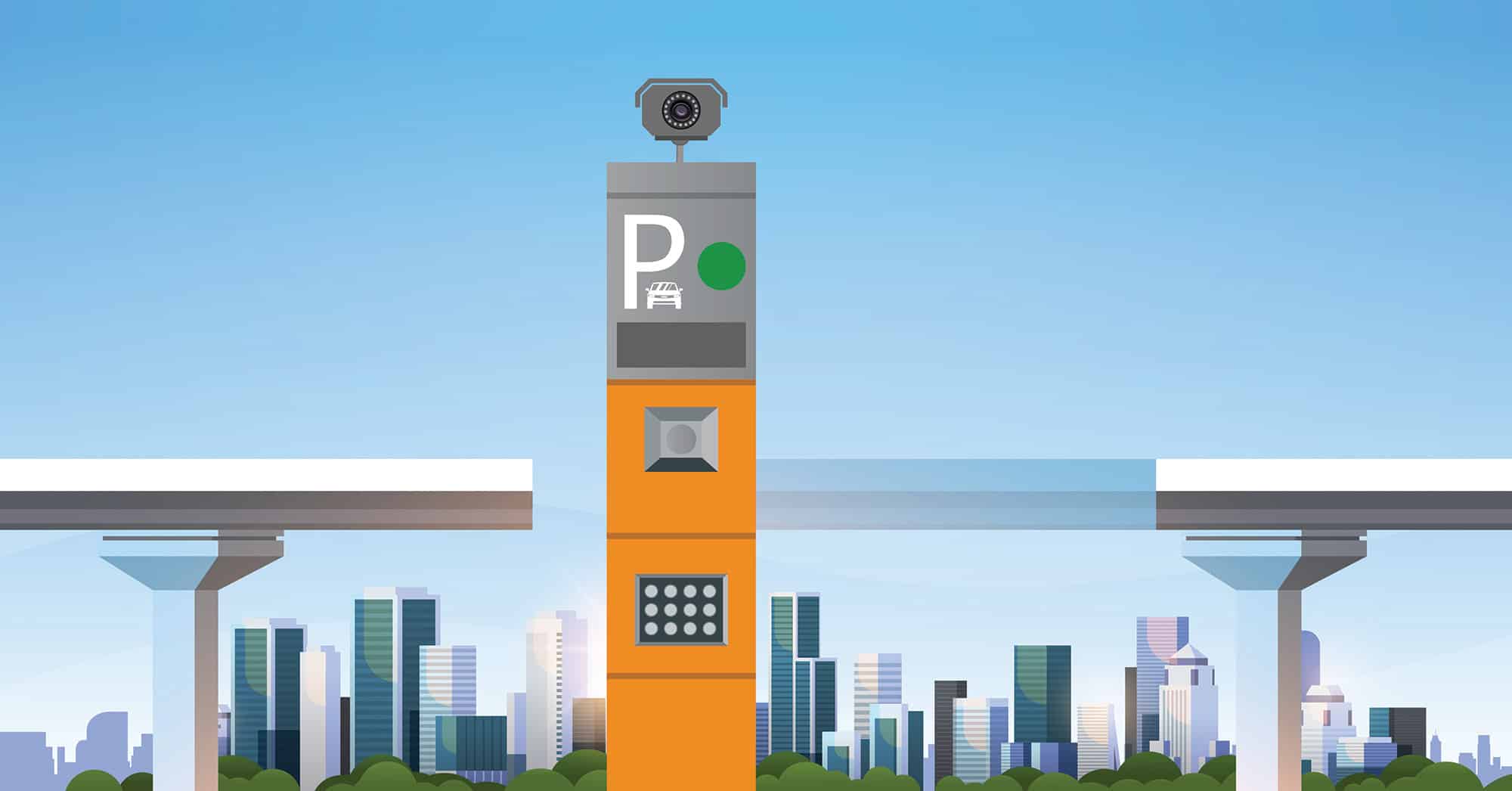
Innovation & Technology
Let’s Talk Pilot Speak
stock.adobe.com / YAKOBCHUK VIACHESLAV
Consider what is required for an efficient parking experience for a customer. Note that by “customer” I’m including individuals as well as commercial operators like delivery and ride-share companies. Ideally, they would know where they are going to park before leaving for their destination. Efforts have been made by navigation providers and others to provide this information but with so many providers and vendors involved, it is nearly impossible to gather accurate information. It turns out that one of the keys to improving curb efficiency is improving communication.
Now I’m going to talk about flying airplanes. Stay with me, it’s related. Pilots rely on the airport Air Traffic Control to provide information about other planes in the airspace and to coordinate takeoff and landing procedures. All pilots, regardless of company, plane type, or nationality use the same language and protocols to communicate with each other. Building a language and protocols like “pilot speak” for all curb users is a necessary step for properly managing the curb. Here is where Application Programming Interfaces (APIs) come in.
APIs are the computer version of standardized communication protocols and luckily, much work has already gone into developing these protocols. APIs like the Alliance for Parking Data Standards and the Curb Data Standard from the Open Mobility Foundation are gaining traction in the industry. Their goal is to allow all stakeholders to communicate parking information to all other stakeholders without having to create customized software integrations between them. I’ll use the Miami Parking Authority’s plans to illustrate how these APIs can improve both communications and by extension, the parking experience for all stakeholders.
We have a GIS database of all our parking assets and the policies associated with them. Assets are any kind of managed curb space. The policy determines the use case, price, restrictions, and any other valuable details for the space. Ideally, every individual and company that needs to use the asset would be able to query our database for up-to-date information. In practice, this does not happen because the format of my data is unique to my organization. To correct this, we plan to reorganize the data using these new, standardized formats.
We are also starting to require that vendors who provide curb technologies like payment processing, monitoring, enforcement, and reservations ingest our policy in this format. The idea is that all vendors will be able to process policy changes in real-time. Furthermore, we are going to require that vendors provide their data to us (and in some cases to each other) in the same format. Initially, I thought that we would get pushback from vendors but I’m seeing the opposite. Everyone we speak to understands that if they can send and receive data from us in a standard format, they’ll be able to do the same with any other municipality that adopts the standards. This drastically reduces the cost of implementing a solution.
Another advantage for vendors is that often they are asked to share information between them. In our case, for example, we have a curb monitoring system that cross-references our payment systems to determine the level of compliance. Vendors that adopt these standard APIs know that they can easily communicate with other vendors without the cost of bespoke programming.
I expect that as adoption increases, we’ll see a synergistic feedback loop where real-time policy and utilization information can be pushed to users who can make better-informed decisions about accessing the curb. We, in turn, will be able to better track utilization. Ultimately, I expect that improved communication will allow us to extract additional utility from the assets we have, and will inform our decisions about where and what type of new assets are required. ◆
Henry Espinosa is Director of Information Technology for the Miami Parking Authority.
-
This author does not have any more posts.


Bridging the Generation Gap
Technology’s Transformative Role in Shaping the Parking Workforce

What innovation will have the most significant impact on parking and mobility in the next five years?
Innovations in AI, IoT, and 5G are set to revolutionize






